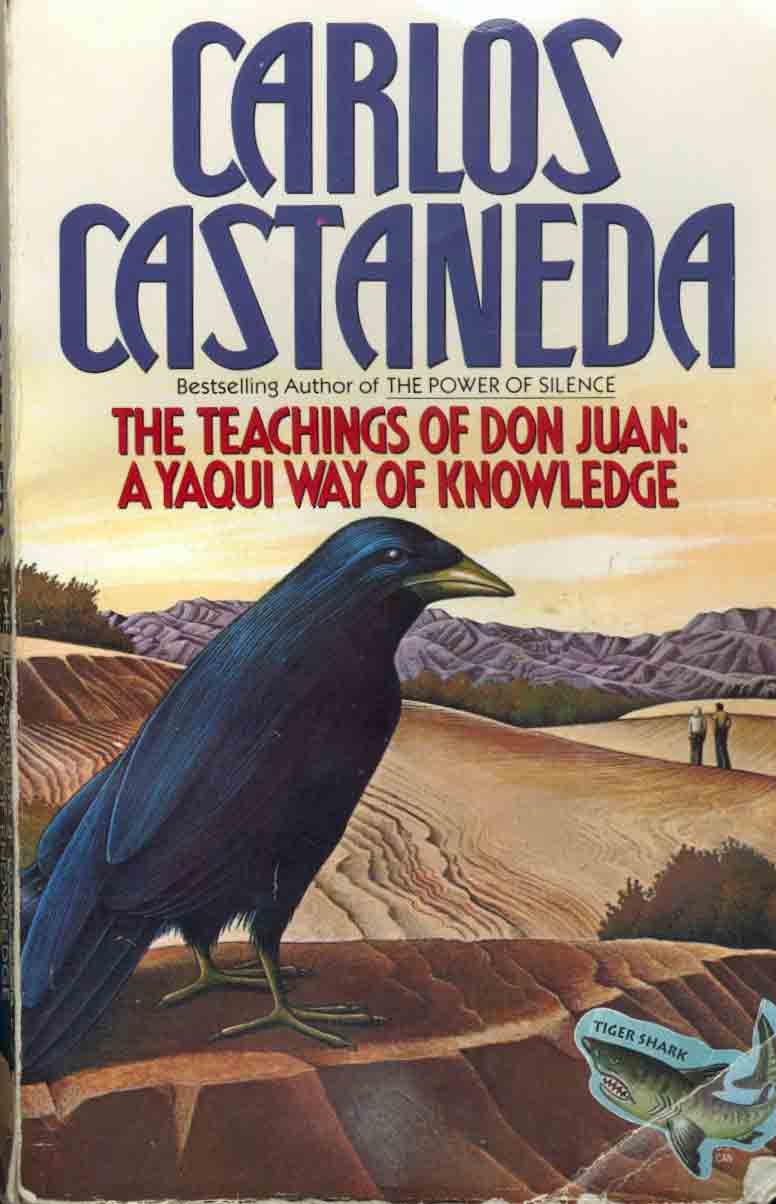Looking back on Castaneda’s story in 2021 might cause some to wince, for a few reasons. We’ve become somewhat accustomed to romanticised stories of “civilised” folk journeying into the great unknown with a local as their guide. Whether it be retreating to a monastery to become a master meditator or martial artist somewhere in the Far East, or descending into tangled jungle to learn to live off the earth with a hunter gatherer tribe. Castaneda’s actual account, I would argue, largely sidesteps this problem. For the most part, he presents himself as clueless, afraid, out of his depth; even over the course of the several years the book details he does not present himself as having come particularly far in his pursuits. Simply the reader can consider the implications of the experiences, and of the claims Don Juan makes. Furthermore, the world changed a great deal in the 1960s, especially insofar as its attitude to these sorts of things. What may seem cliché now only does so because stories like Castaneda’s were so frequently replicated.
Nonetheless, many have pointed out wrinkles in Castaneda’s story, and some have even cast doubt on the whole account and the existence of Don Juan. I admit, I did find myself considering this possibility while reading. Castaneda details long conversations apparently only from notes, never mentioning having a tape recorder present for their conversations. Others point to details of their psychedelic foraging which do not square with our knowledge of the region he describes. My personal view is that the book represents a fictionalised account of things which really happened. This, I think, is the best way to read Castaneda; the high points, the moments of great drama, are the truths around which this narrative is constructed. If you can accept this, you find immediately that human beings do, indeed, have the means to experience magic. Take the other details as you will.

 RSS Feed
RSS Feed
